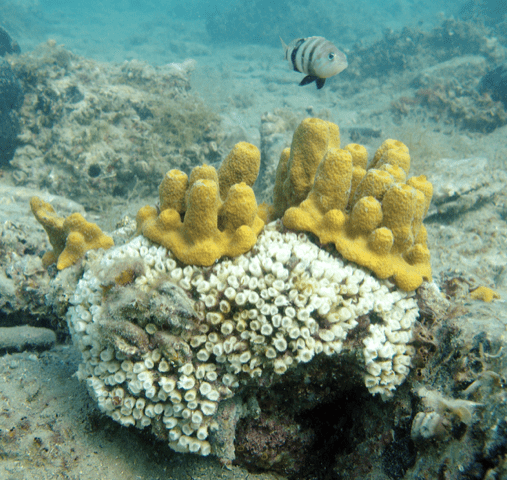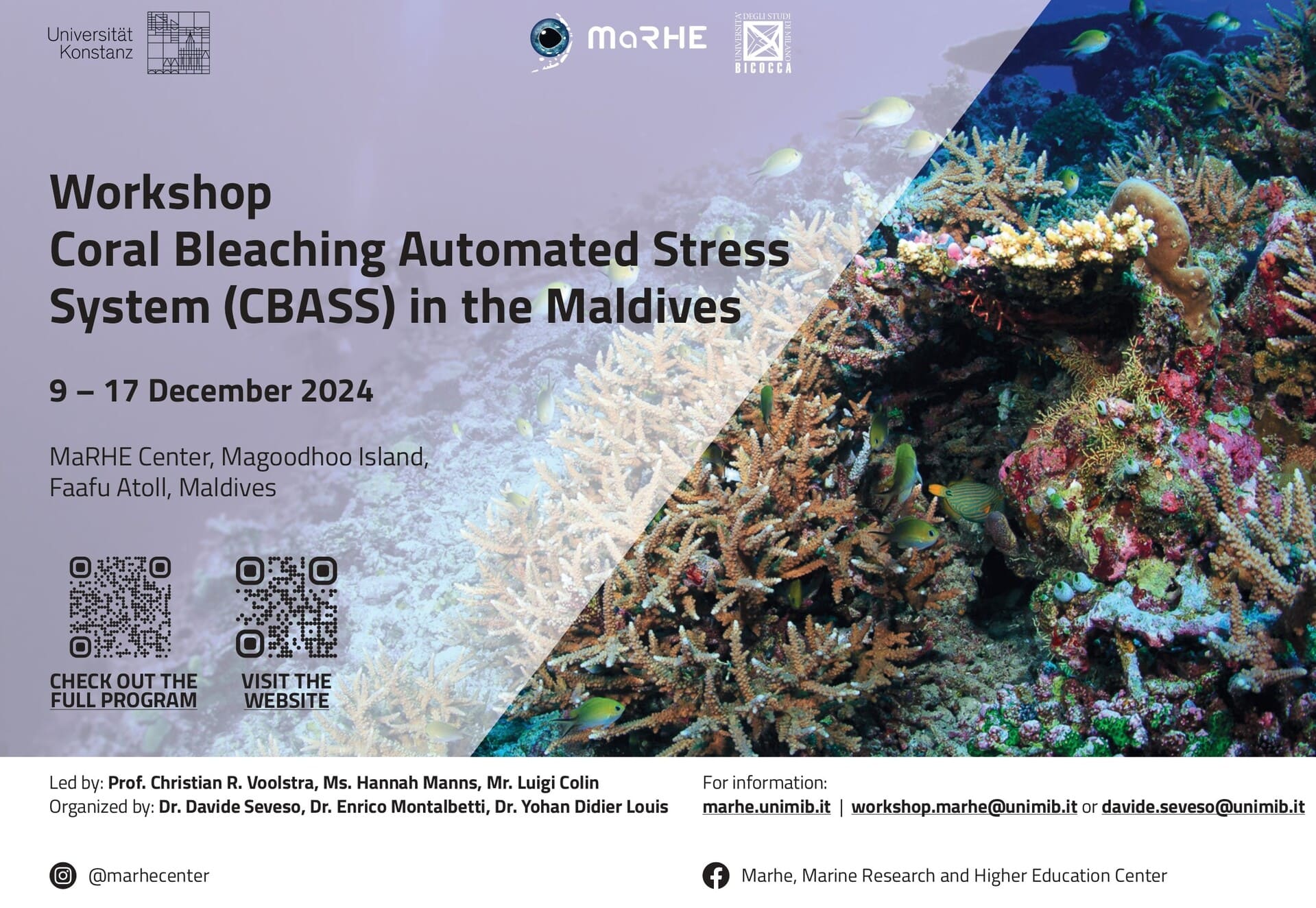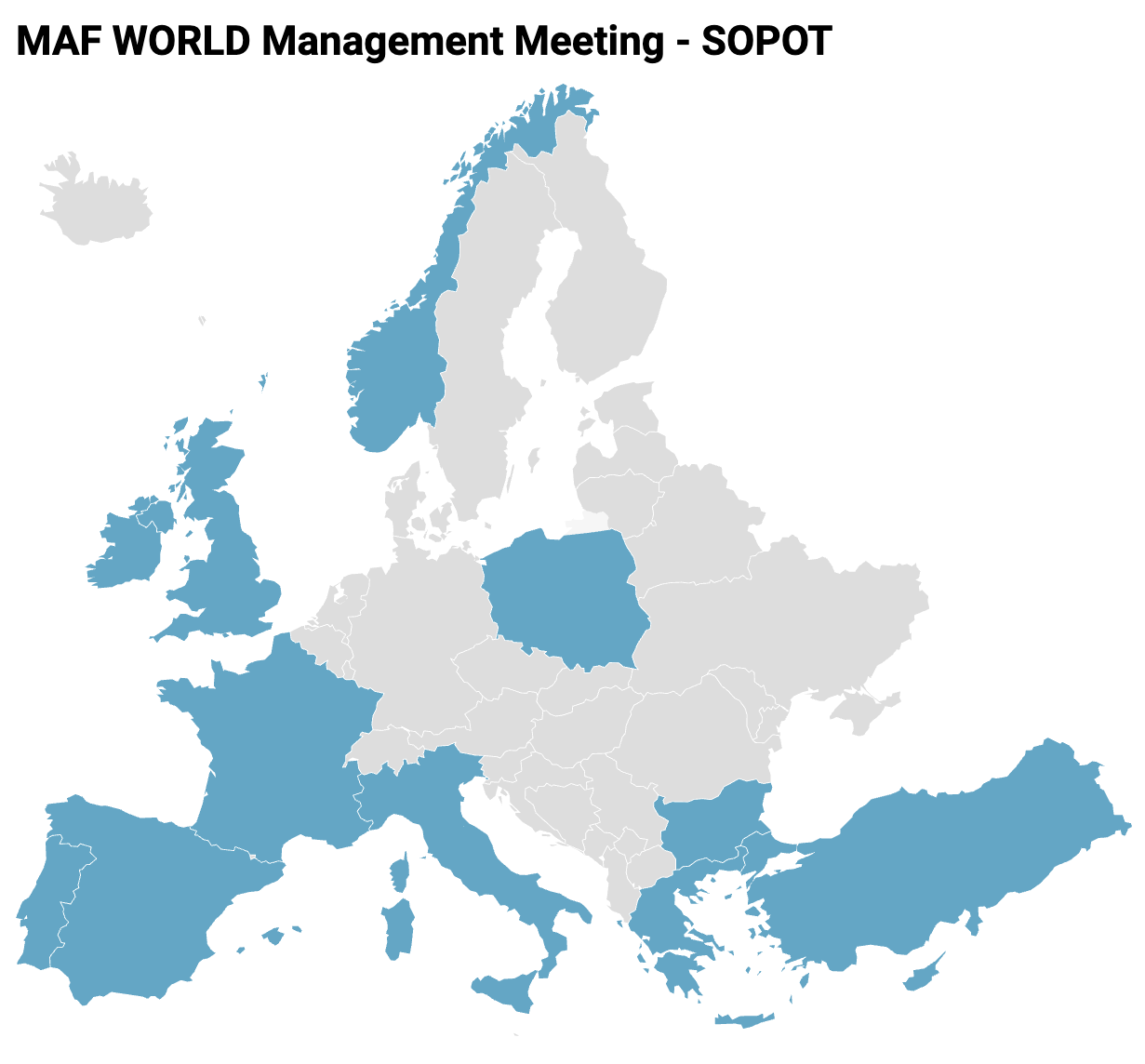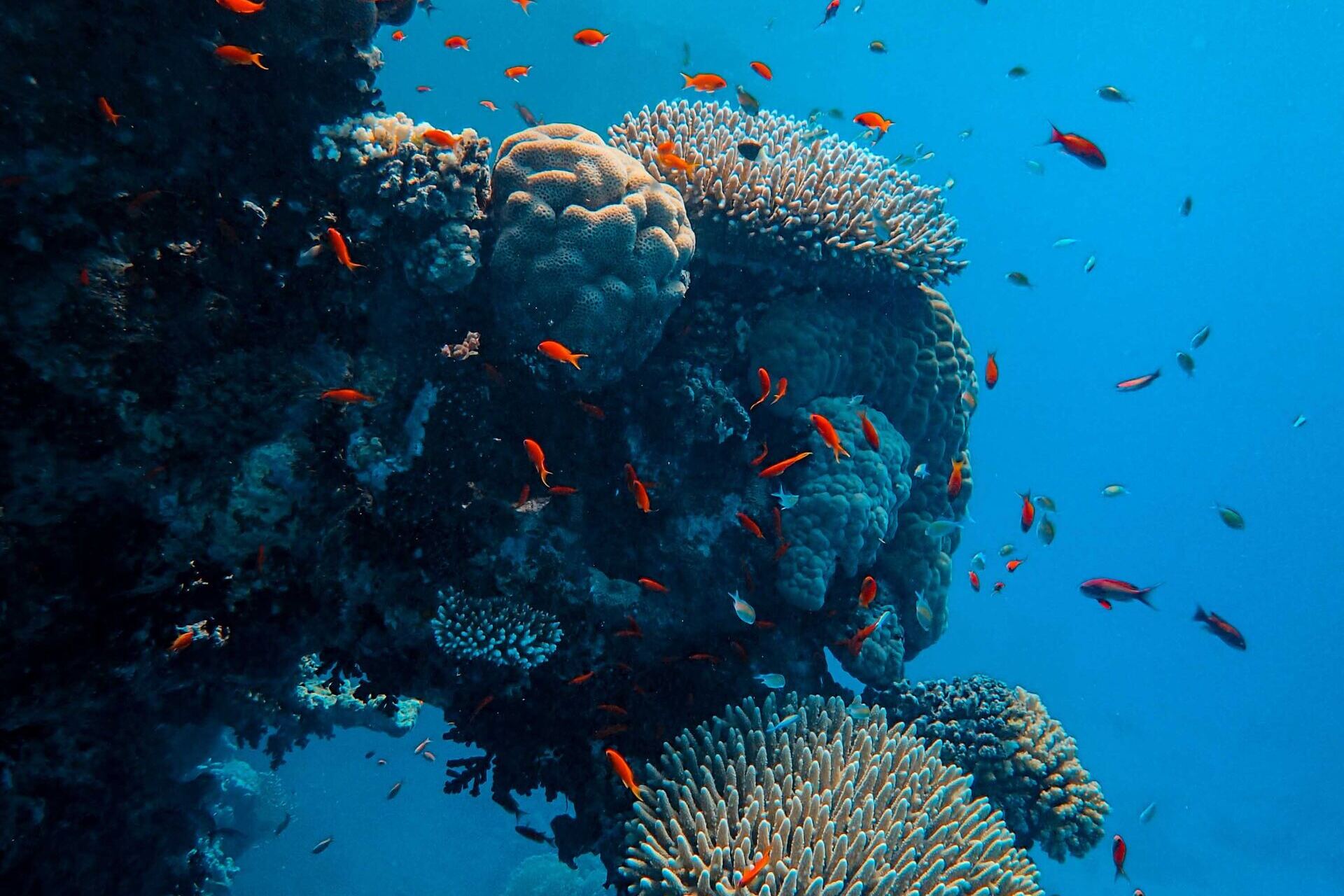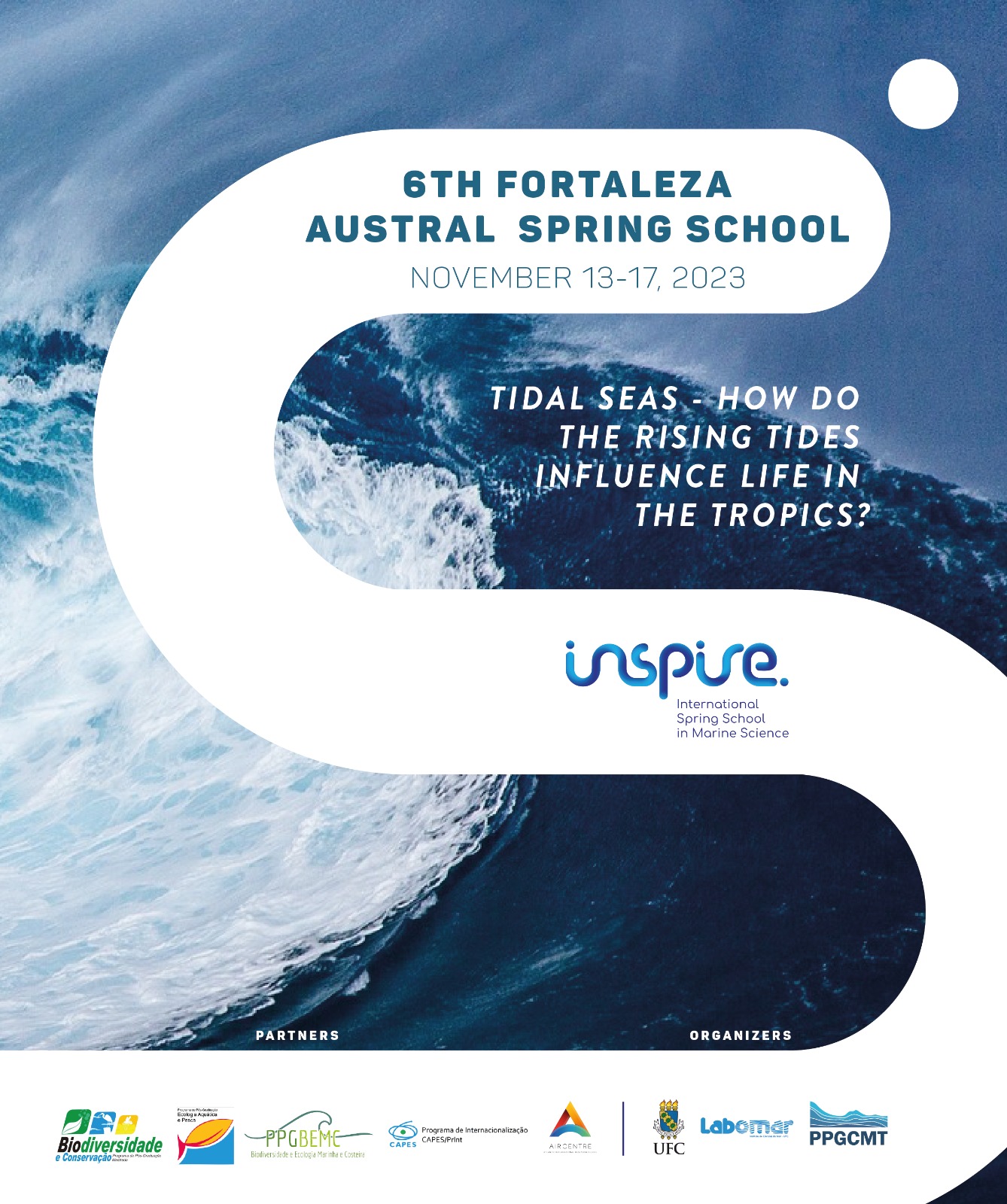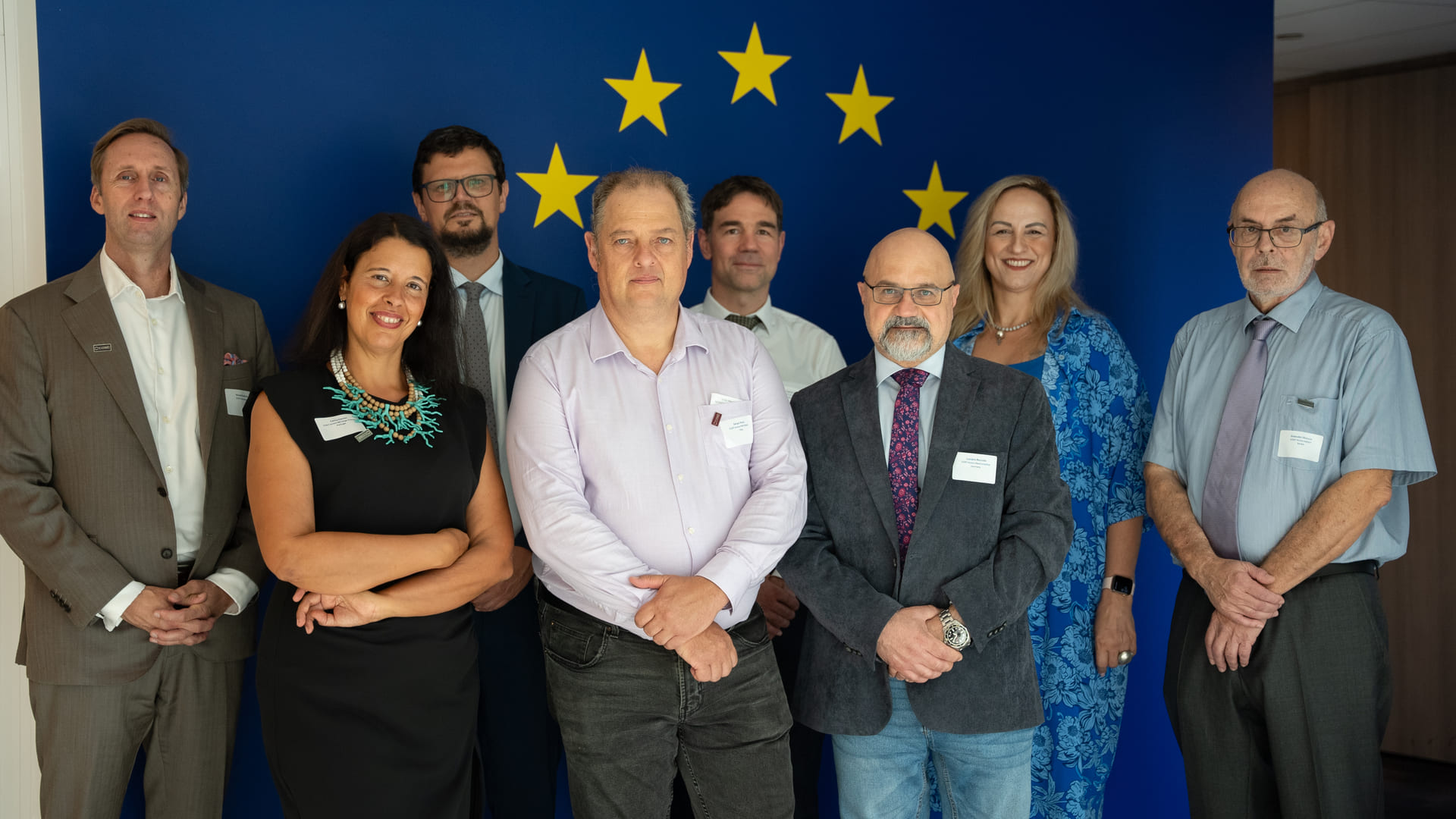The Mediterranean pillow coral – Cladocora caespitosa (Linnaeus, 1767), is the only native colonial and obligate zooxanthellate coral in the Mediterranean Sea, listed as an endangered species on the IUCN Red List. The Mediterranean coral is widespread in the Mediterranean Sea and lives in shallow photophilic algal communities down to deeper circalittoral zones of up to 30 metres, with several sites also recorded in the Adriatic Sea, including the northernmost parts of the Gulf of Trieste.
Due to environmental changes and anthropogenic influences such as discharges of industrial and urban effluents, trawling and fish farming, population declines have been recorded in many areas of the Mediterranean. In addition, climate warming is having a significant impact on the growth and survival of this endemic coral.
The Mediterranean pillow coral can tolerate low water temperatures down to 6°C in the northern Adriatic, but an increase in seawater temperature leads to growth inhibition, polyp necrosis and bleaching (loss of symbiotic zooxanthellae). The increase in seawater temperatures is most likely the cause of the bleaching of polyp corals in the Gulf of Trieste. If the stress is not too great, the corals can replenish themselves with zooxanthellae and recover. One of the most common symbionts of the pillow coral is Philozoon medusarum, which is also found in the symbiotic jellyfish Cotylorhiza tuberculata in the Gulf of Trieste.
Beds of pillow coral are important biogenic formations in the Mediterranean Sea; they are important for maintaining a great diversity of the associated biotic community. Habitat loss and climate change in the shallow ecosystems of the Mediterranean Sea make their protection urgent.
